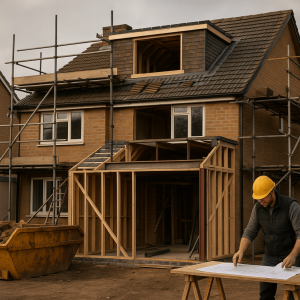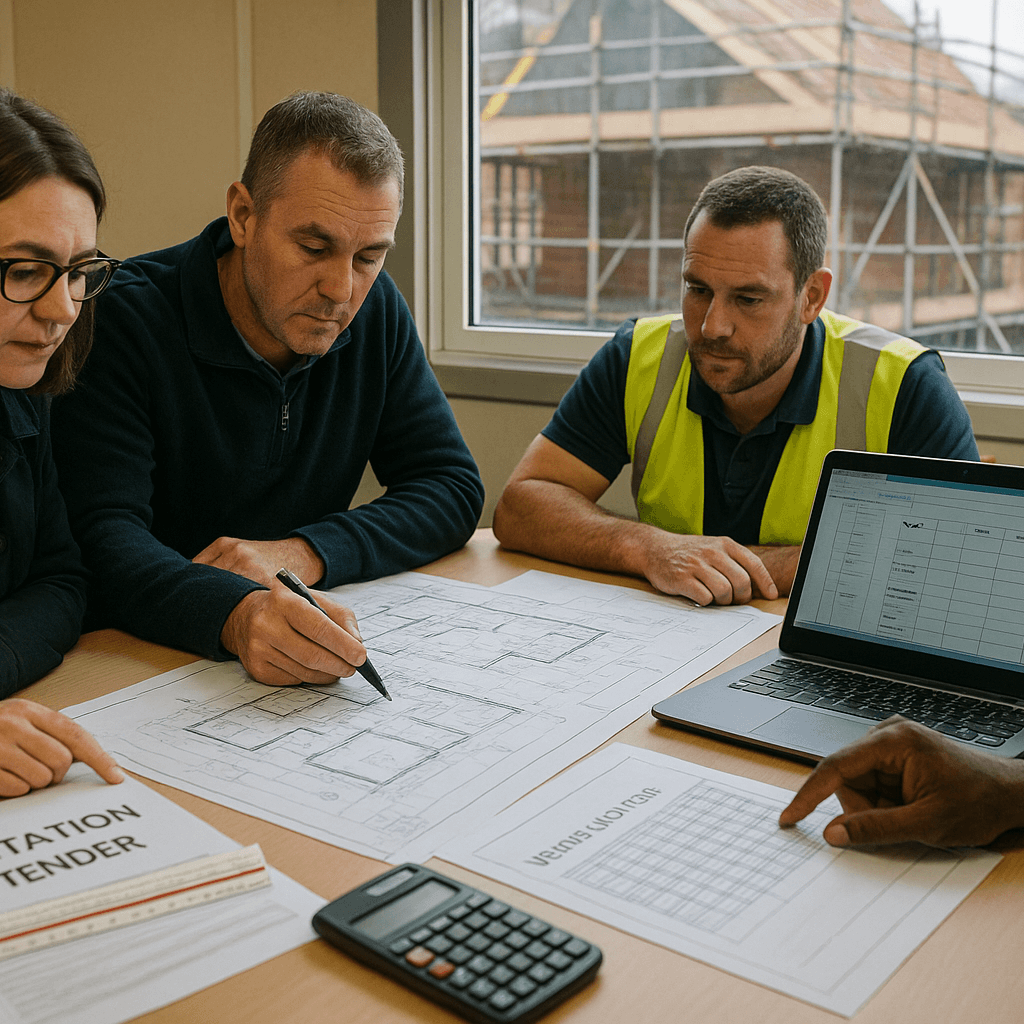Delving into the nuts and bolts of construction project management, cost estimation emerges as a cornerstone activity. It’s not just about numbers; it’s about setting the stage for efficient budget management and project feasibility from the outset.
Construction Cost Estimation: An Overview
Before the first brick is laid, cost estimation steps into the spotlight, serving as a financial blueprint. It’s the process where the estimated expenses are comprehensively outlined, helping stakeholders gauge the project’s financial and practical viability.
What Exactly Is Cost Estimation?
Think of cost estimation as a meticulous breakdown of every penny that will be spent during a project. It encompasses everything from materials and labour to unexpected contingencies. These estimates are crafted by adept estimators, who meld their expertise with analytics to predict the project’s financial needs accurately.
The Significance of Cost Estimation in Mega Construction Projects
For gargantuan projects with layers of complexity, cost estimation is nothing short of crucial. It acts as a safeguard against financial overruns, ensuring that economic, sociopolitical, and operational hurdles are accounted for adequately.
Why Prioritize Cost Estimation?
Engaging in thorough cost estimation means project owners can deter excessively high bids and guide contractors to stay within a competitive and realistic pricing range, enhancing the chances of project success.
Exploring the Various Costs in Construction Projects
Two Major Cost Categories:
- Fixed Capital: Includes all upfront costs like land, design, and initial construction expenses.
- Operating Capital: Encompasses ongoing costs such as maintenance, staff salaries, and utility expenses.
Steps to Effective Cost Estimation
Cost estimators undertake a phased approach, from initial ballpark figures to finely tuned budgets. Each step increases in detail and accuracy, ensuring no stone is left unturned.
- Order of Magnitude: Early stage estimation to see if a project is worth pursuing.
- Feasibility: More precise estimates that solidify project viability.
- Preliminary: Detailed budgeting to kickstart funding and resources allocation.
- Substantive: After detailed designs are drafted, this estimate reassesses costs based on finalized plans.
- Definitive: The final step incorporates real data to finalize the project’s budget.
Influential Factors in Cost Estimation
Geography, regulatory requirements, timing, and fluctuating market conditions are just a few elements that can drastically alter project costs.
Advanced Cost Estimation Techniques
From production functions to empirical cost inference and unit cost estimating, each methodology offers unique benefits and precision levels, showing the complexity and necessary adaptability of cost estimation practices.
Potential Pitfalls in Cost Estimation
Errors may sneak into the cost estimation process due to inexperienced estimators, elongated project durations, and fluctuating resource availability, emphasizing the need for continuous revisions and updates.
The Bottom Line
The craft of cost estimation does not just reside in calculating figures but in anticipating variations and preparing to address them proactively. A robust estimation not only guides a construction project towards financial diligence but also steers it clear of potential fiscal pitfalls.
Concluding Thoughts
Ultimately, effective cost estimation serves as a linchpin in aligning project scope with budget realities, ensuring that every construction project stands on solid, financially viable ground from the start.
Frequently Asked Questions (FAQs)
- Why is cost estimation crucial before starting a construction project?
It helps in budget management, assessing project feasibility, and preparing for financial contingencies. - What roles do cost estimators play?
They analyze and predict total project costs to ensure it aligns with planned budgets and timelines. - How does geography affect construction cost estimation?
Geographic conditions influence material and labor costs, regulatory compliance, and logistical expenses. - What is a ‘definitive’ cost estimate?
This is the most detailed and accurate estimate, calculated using real project data and detailed design documents. - Can cost estimation prevent financial overruns?
While not foolproof, thorough and proactive cost estimation can significantly mitigate the risk of overspending.












